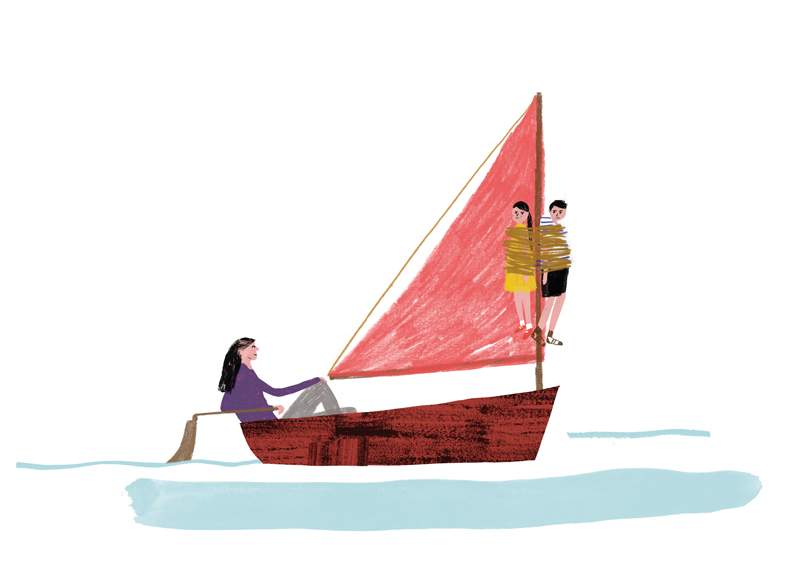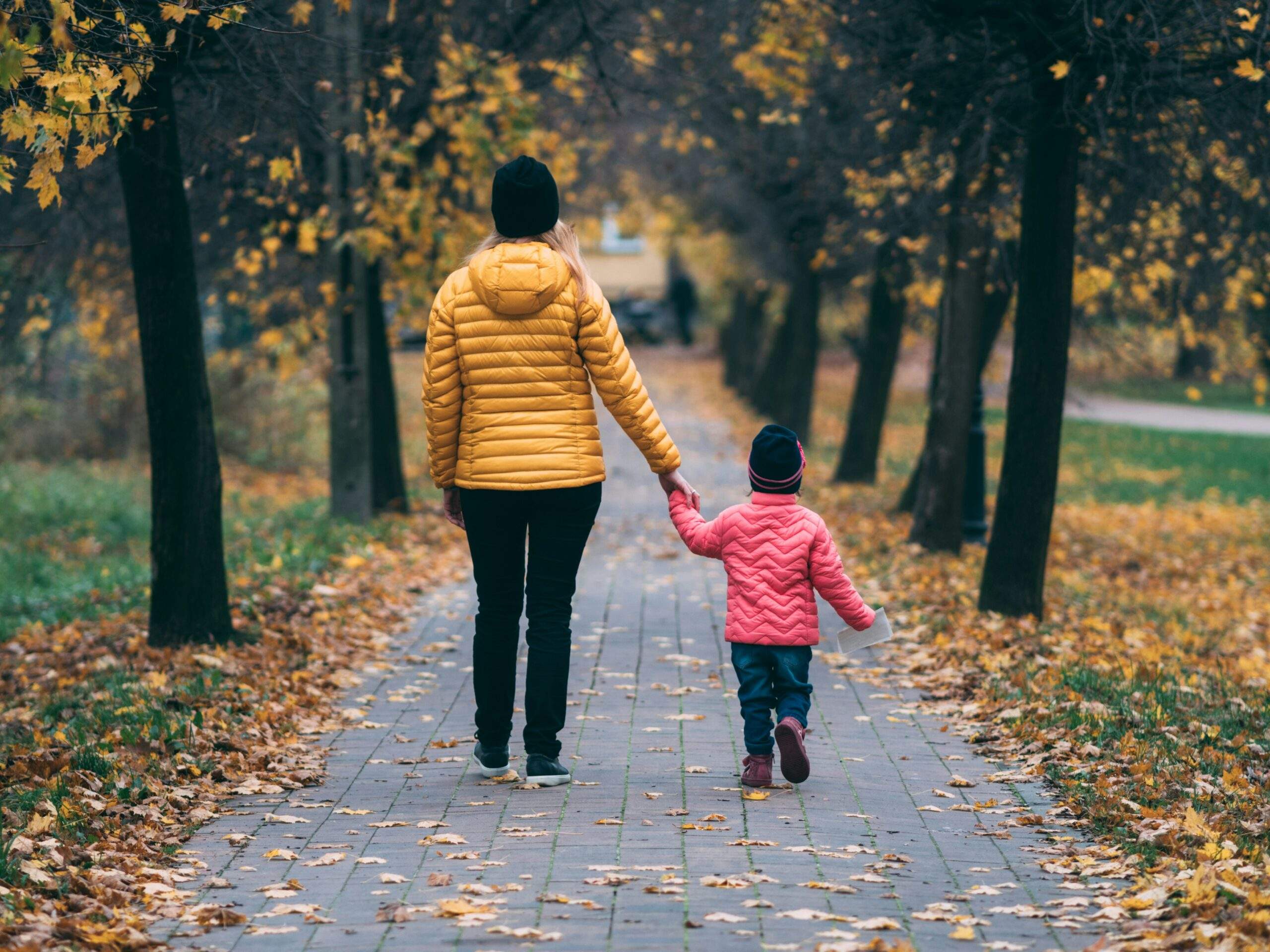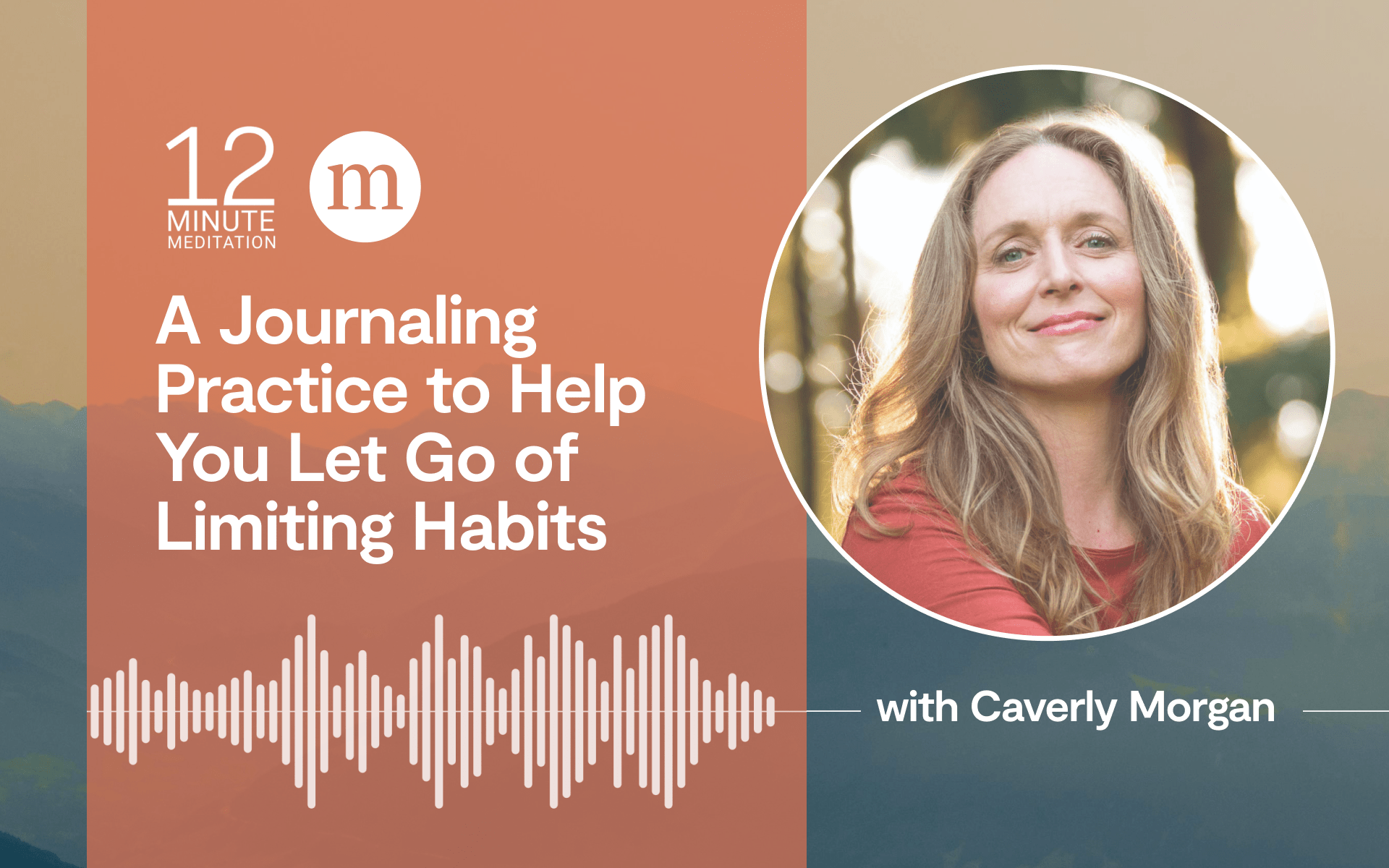I thought I knew what I was in for when I became a parent. I had been around children my whole life—babysitting in my teens, becoming a teacher in my 20s, and eventually counseling kids as a family therapist. I thought I knew a thing or two about parenting, and the truth is, I did.
But there was so much I never imagined, including a love so primal I’d never known anything like it, and parenting storms in which I was certain I had lost my way. I tried some things that worked, and many that didn’t. Like all parents, in raising my son I learned things about what kids really need that I would not have figured out otherwise.
When my son reached the stage of pushing back when he wanted something he couldn’t have, I found myself torn between the influence of my own childhood and what I was coming to see was best for him. My family history led me to reason with him plaintively, or get loud and bossy. But reasoning with him when he was in the midst of a big upset got us nowhere, and shouting “Because I said so!” didn’t have a great outcome either. When I paused to think about it, I recalled vividly how those approaches had made me feel as a child.
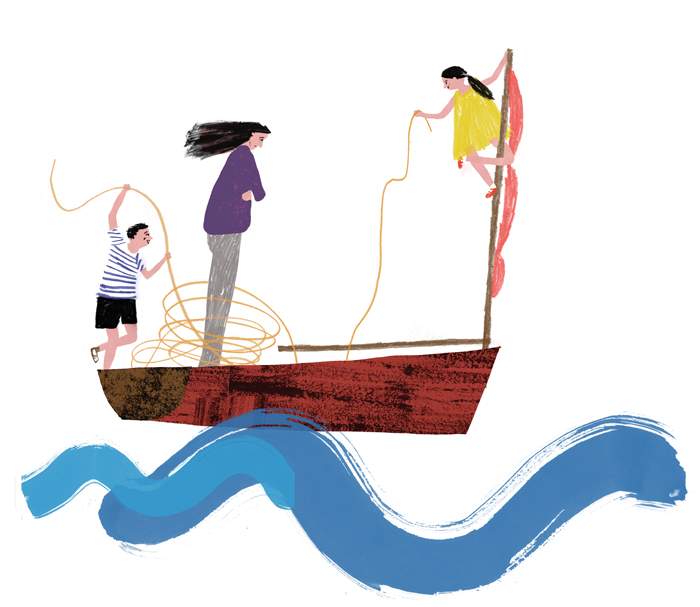
What frustrated children need is not an explanation of why they can’t get what they want, and they don’t need someone who just gives in to their demands. What they need is the reassurance of knowing there’s a grown-up in the room who can help them through their emotional storms by creating a safe space to let those big feelings move through.
What I was able to practice in my own parenting was what I’d known theoretically: children need the comfort of knowing that someone is genuinely in charge. I like to call this role for parents “Captain of the Ship.” It makes all the difference when your children know you are at the helm.
One of my clients whose parenting life changed radically after she understood the importance of captaining her ship was Caroline, the mother of Gemma, 8, and Carson, 5. (The names have been altered in this story to protect the identity of my clients.)
Caroline came to me because she felt overwhelmed by the challenges of parenting. She found that none of the approaches she tried was working.
“Before I had kids, I imagined how sweet each day would be,” she told me. “I pictured giggles and cuddles, and a sense that my life had a joy and purpose I had never experienced. But the reality is, I feel completely out of control. Every morning I wake up to a series of battles, beginning with something as simple as getting my kids dressed, and finally ending when I collapse into bed after countless power struggles over homework, bath, and bedtime.
“I love my children and would do anything for them, but there are days when raising kids is not what I expected. I thought if I loved them enough, they would be cooperative and, well, fun! Instead, they bicker constantly, resist my requests, and routinely have meltdowns if they don’t like what I’m serving for dinner or don’t feel like doing their chores.”
If you come at your kids rather than alongside them, you generate resistance, defiance, and power struggles.
Caroline told me that from morning to night, she felt a pressure to check things off her list, starting with getting them up and dressed in the morning, all the way through to the end of the day, as she tried to get them bathed and in bed.
“It seems that almost every interaction we have is about me trying to get them to do something they don’t want to do,” says Caroline. I call this phenomenon being lost to the list, a predicament many parents find themselves in.
Caroline’s story is not unique. Every parent will admit to experiencing some degree of dashed expectations and ongoing struggles. I sure did. But when parents engage in power struggles, or threaten and bribe in an attempt to control their kids, they only make matters worse.
Here’s an exercise I find helpful: let your right hand represent you, the parent, and the left hand represent your child. When the right hand—the parent hand—is above the left hand, you are Captain of the Ship. You exude a quiet authority that lets your kids know that no matter how stormy the seas are, you are able to navigate the ships of their lives.
When the two hands are side by side, no one is in charge. I call this relationship “The Two Lawyers.” Each side debates the merits of its position, and the one most committed—or least exhausted—prevails. When you are in lawyer mode, you’re coming at your kids, rather than alongside them. What you generate is resistance, defiance, and power struggles.
Finally, when the child’s hand is above the parent’s hand, the child is essentially in charge. This happens when, as a parent, you feel desperate and out of control. You resort to bribes and threats to force your kids to do what you want. I call this position “The Tyrant,” because you’re trying to “rule” your children with bribes or fear. You come across as needy, and you prompt your kids to test the limits because they instinctively know that you—not they—are supposed to be in charge. Nothing creates more anxiety in children than sensing a parent’s desperation.
In Caroline’s case, the three hand positions helped her see where she was doing most of her parenting. “If I’m lucky,” she said, “I am the calm captain of the ship about 10% of the time. Most days, I’m either arguing like a lawyer or yelling like a tyrant trying to get my kids to do what I want.”
She shared a specific experience that caused her to lose her captain status: “I recall one time my daughter had a horrible meltdown, and I immediately lost my cool and began arguing and bribing.
“Gemma had homework she claimed was too hard. I tried convincing her that it wasn’t difficult. I reminded her she had done the same kind of math a few days earlier. I even tried rewards, promising her an extra story at bedtime if she would just do her worksheet without a fuss. Finally, I got angry, threatening to call her teacher. It went from bad to worse, with her sobbing that I didn’t love her and me feeling like a horrible mother.”
There’s another way this scenario could have played out, however. When a child is frustrated, parents are tempted to fix things so they’ll feel better as quickly as possible. When our child is unhappy, we become unhappy as well, and the child becomes the way we will feel better. When Gemma felt frustrated about her homework, Caroline’s anxiety compelled her to try—unsuccessfully—to make her daughter feel better.
As “The Tyrant,” you prompt your kids to test the limits because they instinctively know that you—not they—are supposed to be in charge.
The truth is that when children are frustrated, they can respond in only two ways. One is aggression—toward you, a sibling, or even themselves (“I’m so stupid. I hate myself!”). The other is adaptation: the frustrated child accepts what he can’t do or have, makes peace with it, and ultimately develops more resilience.
For children to accept a situation they don’t like, they will move through the same five stages of grief that any of us do.
First, there is denial. In Gemma’s case, she might think, “Maybe if I claim the work is too hard, Mommy will let me off the hook.”
When that doesn’t work, there may be anger. As in, “I hate you, Mommy! You’re so mean!”
Next will come bargaining: “Mommy, if you’ll just let me skip my homework tonight, I promise I won’t make a fuss ever again! Pleeease?”
It’s only when a child feels the disappointment of not having things go her way that she can move to the final stage: acceptance. One of the best ways to help a child feel her disappointment is to be the loving Captain of the Ship who lets go of trying desperately trying to make her child feel happy and instead helps her feel her sadness and tears so she can adapt. Rather than coming at our children by using logic and reason to talk them out of their upset, we come alongside them with fewer words, more empathy, and a focus on helping them feel heard and understood.
In Caroline’s case, she might ask questions or make comments to which she can be fairly sure Gemma will say yes. She could try saying things like, “It looks like you’re kind of worried that your worksheet will be really hard,” or “You were really hoping Mommy would give you a free pass tonight,” or “I get the feeling you sometimes wish homework had never been invented!”
This simple approach of coming alongside an upset child can make a dramatic, even instantaneous, difference in how things unfold. Most children (and adults!) soften and become more receptive when they feel heard and understood. It could be that Gemma needs to have a cry about something unrelated to homework; after offloading pent-up feelings she has about something unrelated, she may find that the homework isn’t so hard after all.
What I find so gratifying about this approach is that the positive changes it brings about in a child’s behavior quickly make it the default approach. It helps parents maintain their role as the calm and confident captain of the ship, and fosters deeper connections as the child discovers that the parent really is capable of hearing their truth, even when it’s about something unpleasant. This positions the parent as the child’s confidante, so that as they grow older they will have a loving and wise adult—rather than their peers—who can help them navigate the complexities of life.
Let your kids know you like them. Look for interests you have in common. Engage in things you both like. They’ll start to see you as a loving ally rather than a demanding critic.
Mother Nature wisely created an instinct in children to resist the influence of strangers, but be receptive to the guidance and support of those to whom they are securely attached. Fortifying attachment with our children as they move through various stages of life is key. That fosters a genuine willingness to take direction from us.
It may seem obvious, but letting your kids know you like them is a powerful way to foster connection. Look for interests you have in common, and engage in things you both like. Let your face light up when your child walks in the room. Be mindfully engaged with them as you talk, noticing the color of their eyes or the way their little hand feels in yours. By staying present with your kids, and conveying your genuine love and affection for them, you will help them perceive you as a loving ally rather than someone who’s just going to criticize them or make demands.
It’s also helpful to be as present as possible with your own feelings. When you feel your frustration building, stay in your body rather than falling into an inner monologue about how your kids don’t respect or appreciate you. Notice where you feel the upset—Is it in your belly? The back of your neck?
Tuning in with nonjudgmental awareness to her frustrations, to the root causes of escalating anger, helped Caroline do three beneficial things:
One, she could challenge the stories she tells herself about what her children’s upsetting behavior means. For example, her son Carson’s unwillingness to clean up his toys might be more about his wanting to keep playing with them than about being ungrateful or disrespectful.
Two, she could allow the sensations of frustration to dissipate by allowing herself to simply feel them, without trying to resist or change them. When Caroline allowed her unpleasant feelings to move through her body with gentle awareness, they would naturally dissipate.
And three, she could consider what old buttons of hers were being pushed by her children’s challenging behavior. Most of us become reactive when something from our own childhood is being played out in the present. Because Caroline hadn’t felt heard as a child, she was particularly vulnerable to getting upset when her children seemed to be tuning her out.
The challenges we experience in our parenting life offer opportunities to heal wounds from our own childhoods—and step into a role that brings our children the security they so require.
Parenting is not easy. We each come to the task with our own insecurities and hurts, often reacting to our children rather than responding in ways that help them. Thankfully, as I’ve discovered, small course corrections can make a significant difference in the quality of our day-to-day lives with our children, allowing us to sail mostly calm seas with confidence and enjoyment.
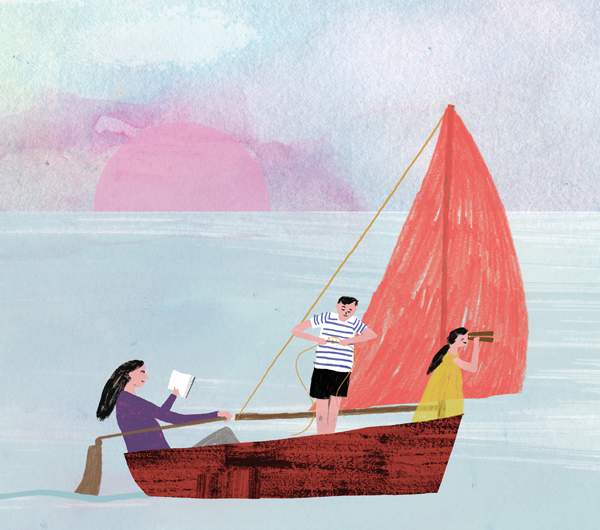
A Handy Guide to Parenting
One hand is the parent. The other is the child. It’s an easy way to understand the dynamic that is at the heart of raising another human being.
Child in Charge
While we may think our children are enjoying their sweet reign, the truth is nothing makes a child more anxious than knowing they’re dealing with a desperate parent. And that’s what our children get when we resort to bribing or threats—a role best characterized as “The Tyrant.” In that dynamic, we are desperate for a quick fix to make them feel better, so that we’ll feel better. Bribes and threats only prompt our kids to test the limits—because they know the parent is the one who’s supposed to be in charge. By staying present with our kids—conveying our affection, appreciating them—parents come across as loving allies as opposed to people always poised to criticize and make demands.
No One in Charge
When no one is taking the lead, we have “The Two Lawyers” arguing and attempting to persuade or hold out until the other person is exhausted. From the parent’s perspective, it may be a thought or reaction that triggers us, and we start building up a case, looking for evidence that justifies our strong reaction: “The kids should come the first time when I call them for dinner.” “My daughter shouldn’t whine.” We are not in charge because our ability to keep our cool is no longer independent from our child’s behavior—or misbehavior. We latch on to particular thoughts that cause us to lose that calm feeling of being in charge, and simultaneously provoke their defensiveness and resistance.
Parent in Charge
Many parents want their children to see them as their friends, but a quiet and comforting authority is what our children need most. Frustrated children don’t need someone catering to their every demand, or explaining why they can’t always get what they want. As “Captain of the Ship,” we don’t come at our kids with logic and ultimatums when they’re upset. Hand on top doesn’t mean being a dictator, though. It usually means coming alongside them, focusing on making them feel heard or understood. When we give our children the feeling of being on their side, they can be more receptive to suggestions and support. They can learn to feel their disappointment when they can’t do or have something and make peace with it instead of being stuck in aggression. In that way, the captain creates a safe space for big emotions to pass through.

